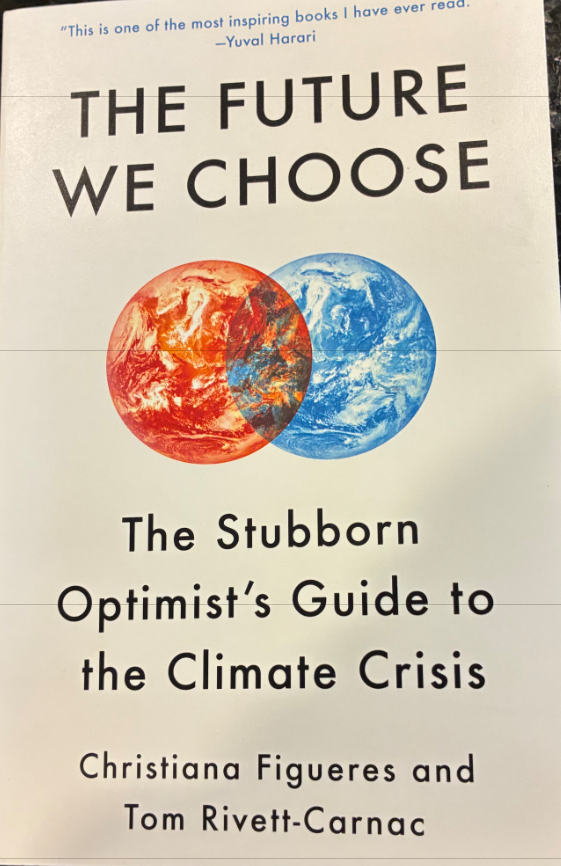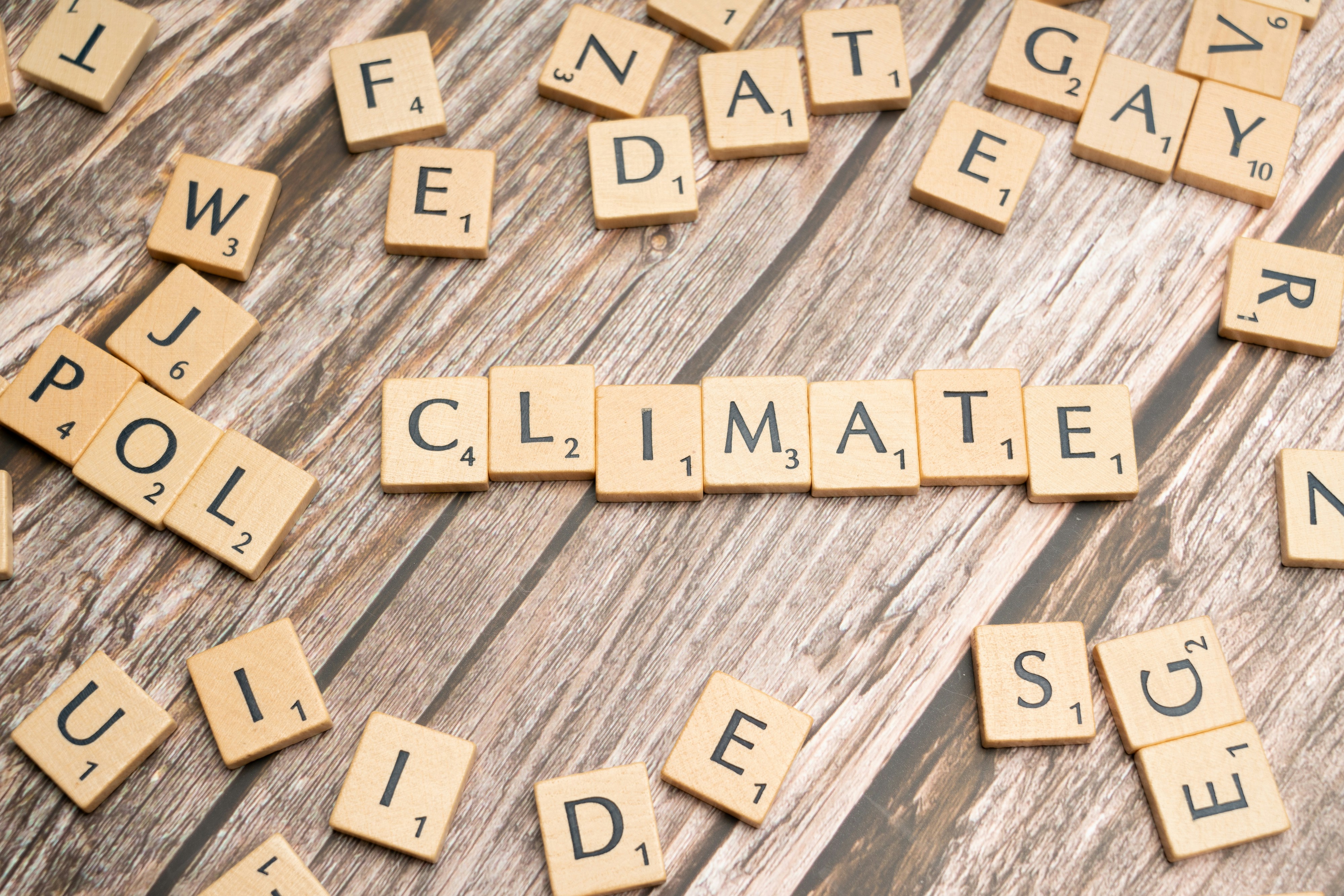Commentary
Weathering the Storm

This is one in a continuing series of educational columns about fostering environmental stewardship and leadership coordinated by ACES — the Alliance of Climate and Environmental Stewards.
The climate is global – weather is local. Weather is both ever-present and always changing, but more importantly it is something we have no command over. It can impact our mood and activities, and yet it doesn’t bend to our will. As a control freak, it has always frustrated me that I had no influence on the changing atmospheric conditions around me. Depressing winters, boiling summers, and painful sunburns should sum it up. So, I asked myself, do we have NO control over the weather?
August 2011. Irene formed near the Cape Verde Islands 500 kilometers off the west coast of Africa and trekked across the Atlantic aimed at the US. The storm eventually surged up the east coast toward Boston, still presenting significant strength. My sister and I were holding our tablets excited to act like reporters! We had been watching Jim Cantore on Channel 47 and wanted in on the action. When the storm hit, we recorded our “observations” as the damage unfolded around us.
Seeing how initially distant storms like Irene could impact my local community was shocking. Yet, seeing what they can do to a human being's mental state was even more fascinating. It brings out a disquieting sense of fear we rarely see, part of the human condition that emerges when something is beyond our control. But more importantly, I realized that events like Irene can also bring communities together, enhancing local pride to drive meaningful change for future generations. From that moment, I developed a personal passion: I began emerging myself into a world filled with statistics and predictions of the future.
Through high school I was able to act on my passion, delving further into meteorology. Every website I visited and video I watched provided new-found perspective. Digging deeper, my fear and lack of understanding led me toward an unsettling reality: the weather is a natural process we can’t influence. But weather is driven by climate. As our climate’s temperature rises, exacerbated by human activity, our waters become warmer. Increased water temperatures provide a favorable breeding ground for more frequent, powerful storms. And climate (global warming) is something that we can influence.
This irrefutable knowledge altered my view on the world. I felt it a responsibility of mine to act, joining ACES and Newburyport Storm Surge, both groups addressing global warming and community resilience, where I was able to participate in meaningful work. I even created my own forecasting account to improve local weather communication in Newburyport and interviewed Harvey Leonard, chief meteorologist for Channel 5 News, to include his insights for my podcast.
While meteorology and climate change haven’t been my focus at college, they are always on my mind. Attending a Liberal Arts institution has allowed me to intertwine subjects and use critical thinking to observe the relationship between climate change and meteorological impacts on our communities and our businesses. Within my business coursework, we analyzed asset valuation and impairment, tax implications, insurance accounting, and the going concern principle, all of which will be impacted. With increased disasters leading to increased destruction within our communities, our businesses will be forced to assess whether the value of assets exceeds their recoverable amount. Likewise, governments may need to offer additional tax relief to businesses affected by disasters, increasing national debt and the complex rules needed to navigate benefits analyses. Additionally, with more frequent disasters, companies may increasingly need to rely on reinsurance and other risk transfer mechanisms. Severe or repeated natural disasters may even threaten the viability of some businesses, particularly those in more vulnerable regions of the country. Cost and risk professionals will need to assess individual companies’ ability to continue as a going concern.
I leave you with this closing thought: our lives are like hurricanes. We start off as nothing, merely a cloud in the sky. Conditions must be ideal, but when they are, we grow, becoming unstoppable. But, as we mature, we can choose a path to widen our influence. We can all act to have an impact on future climate change and its devastating impacts. Will you be the “storm” to impact our futures, or will you turn out to sea? Will you elicit fear or enhance community pride and community resilience? While we can destroy, we can also unite to repair.
ACES and its Youth Corps invite you to stay updated on environmental matters by subscribing to our monthly newsletter via the “Join Our List” link on this page. Please consider joining our community of stewards who commit to Make Every Day Earth Day by contacting us at acesnewburyport@gmail.com. We can make a big difference together.
This educational column first appeared in The Daily News of Newburyport on August 30, 2024.
.svg)
.jpeg)



